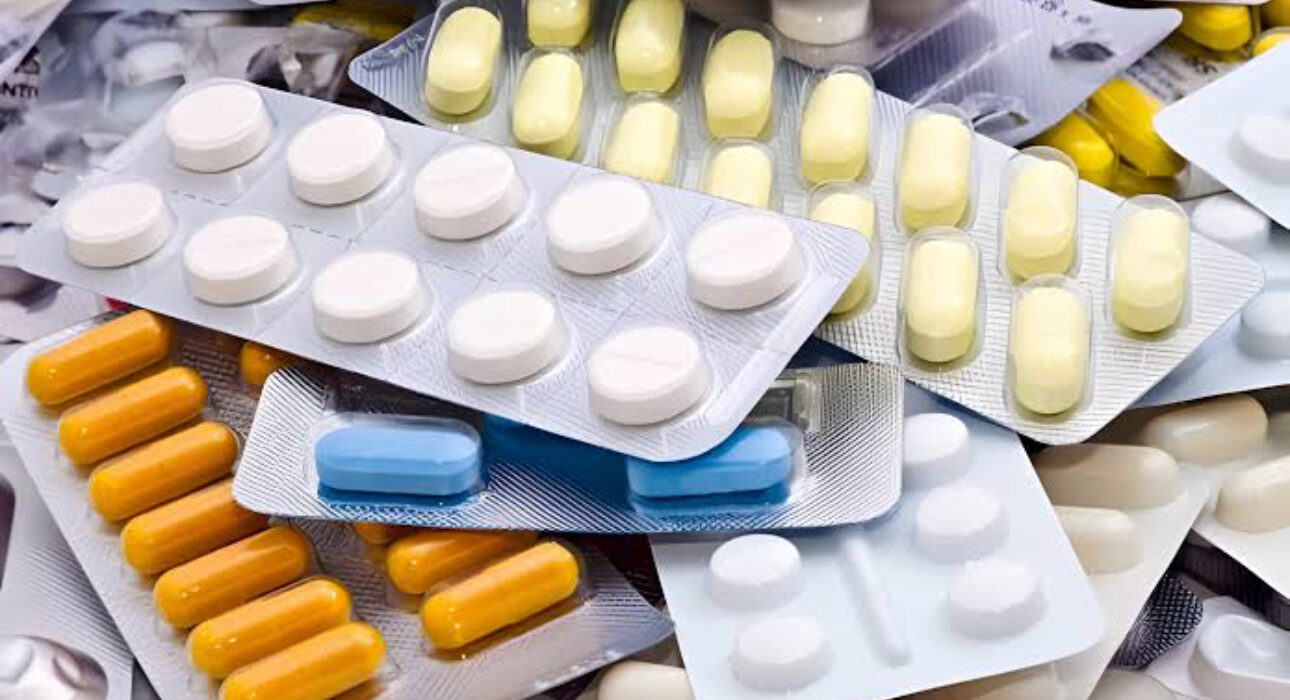Nigeria to End Dependence on Imported Drugs by 2030, Says Health Minister

In a bold move aimed at reshaping Nigeria’s healthcare sector, the Federal Government has announced an ambitious plan to significantly reduce the country’s reliance on imported medicines by the year 2030.
The Coordinating Minister of Health and Social Welfare, Professor Muhammad Ali Pate, disclosed this during a high-level policy briefing in Abuja, stating that the government is working to ensure that 70% of Nigeria’s pharmaceutical and medical device needs are produced locally within the next five years.
This transformative plan is being executed under the Presidential Initiative for Unlocking the Healthcare Value Chain (PVAC), launched in November 2023 by President Bola Ahmed Tinubu. The initiative is designed to harness the economic potential of Nigeria’s healthcare sector, strengthen the nation’s health security, and improve access to quality, affordable medicines.
According to Prof. Pate, “President Tinubu initiated reforms, including policy restructuring and an executive order to lower tariffs on pharmaceutical raw materials and equipment. This has created a more favorable environment for local drug manufacturing.”
Key Strategies and Investments
1. Policy Reforms and Local Content Promotion
The administration has adopted a “Nigeria First” pharmaceutical policy that encourages local production and procurement of medicines. These reforms include:
• Reduction of tariffs on drug production inputs.
• Special incentives for manufacturers investing in local drug facilities.
• Prioritized procurement of locally made drugs by government health institutions.
2. Infrastructure Development
• A new pharmaceutical plant was recently commissioned in Sagamu, Ogun State, with capacity for large-scale drug production.
• Another facility launched in Abuja is capable of producing up to 600 million test kits annually, reducing Nigeria’s dependence on imports for diagnostics.
3. Human Capital Development
The government has partnered with the Empower School of Health in Geneva to establish the Empower Academy Nigeria — a regional training hub for pharmaceutical professionals. The academy will train local talent in drug manufacturing, quality control, and regulatory compliance.
4. Bulk Procurement Scheme – MediPool
A key aspect of the plan is MediPool, a bulk purchasing system approved by the Federal Executive Council. It aims to:
• Cut pharmaceutical costs.
• Improve access to essential medicines.
• Ensure consistent supply to underserved areas.
Nigeria currently imports over 70% of its medicines, exposing its healthcare system to global supply chain disruptions, foreign exchange volatility, and inconsistent availability of life-saving drugs. The COVID-19 pandemic further underscored the urgency of developing local capacity for health-related production.
Prof. Pate noted, “We are laying the foundation for a medically industrialized Nigeria. This move is about more than economics — it’s about sovereignty, health security, and dignity.”
The local drug production initiative is expected to:
• Generate over $2 billion in private investment.
• Create tens of thousands of jobs in the pharmaceutical sector.
• Enhance access to essential drugs and vaccines for Nigeria’s growing population.
• Position Nigeria as a regional leader in healthcare innovation and pharmaceutical exports.
With strong policy backing, strategic investments, and robust stakeholder engagement, Nigeria’s goal to achieve pharmaceutical self-reliance is gaining momentum. The government’s commitment reflects a broader vision to build a resilient, inclusive, and self-sustaining healthcare system capable of meeting the nation’s present and future needs.
As Prof. Pate concluded, “We are determined to turn this vision into reality — a Nigeria where our people no longer rely on foreign markets for their most basic health needs.”









